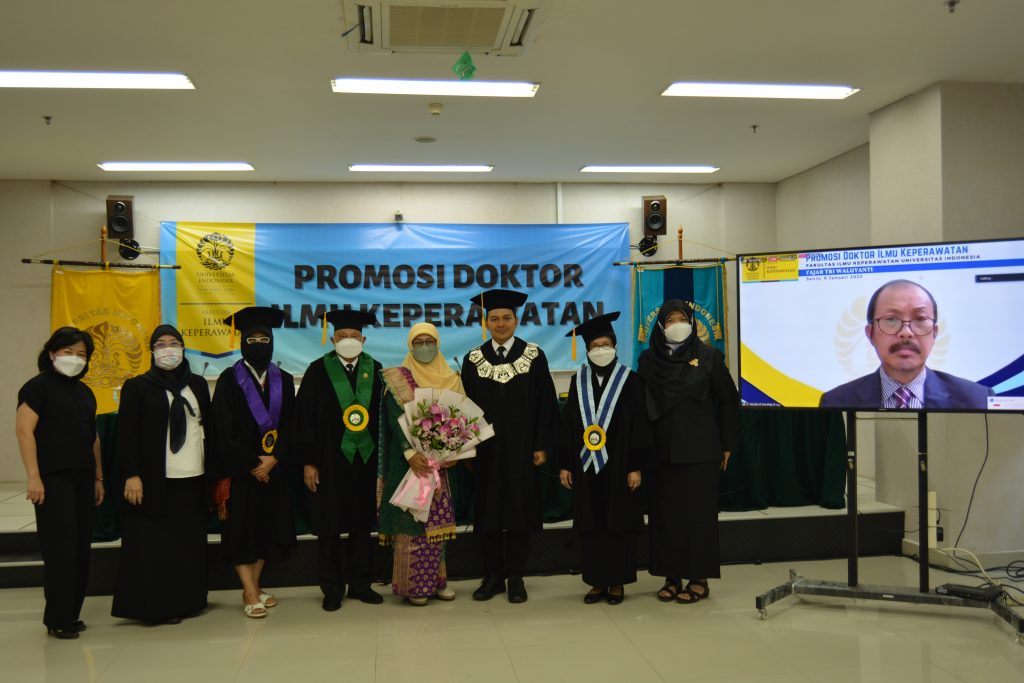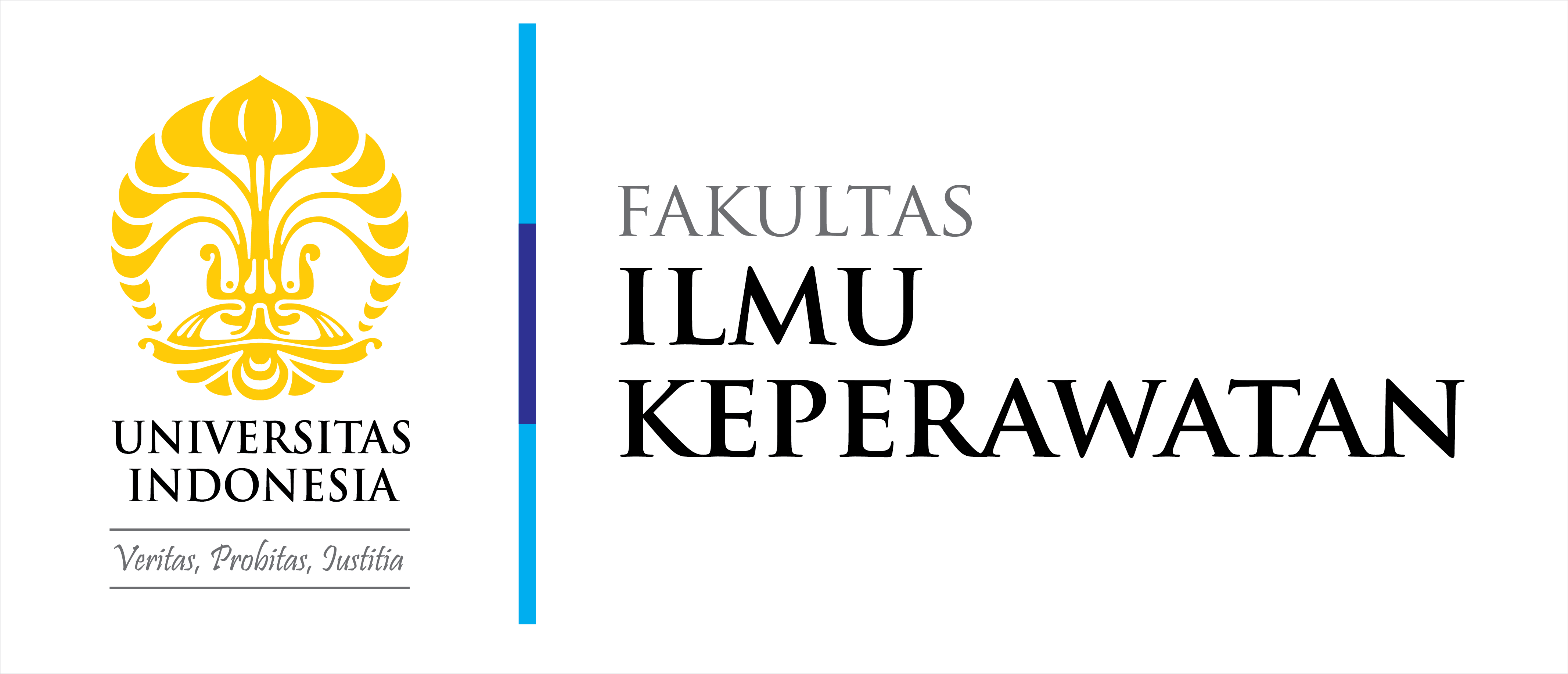
The global situation of the nutritional status of children still requires great attention. This is motivated by global, regional and national conditions where the incidence of stunting (short) toddlers, malnourished toddlers is at an alarming rate. Global data recorded in the Global Nutrition Report 2021 report found a stunting prevalence of 22%; wasting rate (skinny) of 6.7%; and obesity as much as 5.7% (United Nations, 2021). The data also shows that the stunting prevalence rate in Indonesia is higher than the global prevalence rate.
The incidence of malnutrition in children under five is of great concern because it involves investment in human resources. According to data from the Ministry of Health (2021) currently Indonesia has a triple burden of nutritional problems (triple burden), namely stunting, wasting and obesity as well as micronutrient deficiencies such as anemia. Various efforts have been made to reduce the prevalence of malnutrition in children under five. Growth faltering is a condition in which a child’s physical growth is very slow compared to children of his age. This can be an early indicator of the risk of stunting and a starting point for intensive interventions to prevent stunting.
In his dissertation entitled “Effectiveness of Brief Intervention on Responsive Feeding Practices in Growth Faltering Infants Age 6-23 Months”, Dr. Fajar Tri Waluyanti staff of the FIK UI Child Nursing Department identified the effectiveness of the “Mentari” brief intervention in the form of an intervention “building a sense of connection with the baby” through audio during feeding activities so that attachment when eating is awakened, towards responsive feeding practices in infants with impaired growth aged 6- 23 months. This is where aspects of psychosocial care are carried out for babies.
The research design used was a pre-experimental study with a sample of 29 respondents in the control group (receiving counseling interventions on infant and child feeding (IYCF) and 27 respondents in the intervention group (receiving PMBA counseling interventions and brief interventions).
The results of this study indicated that there was no significant difference between the group that received PMBA counseling intervention and the group that received PMBA intervention and brief intervention. Service recommendations indicate that PMBA counseling can still be an intervention to change feeding practices.
The Doctoral Promotion Session which was held at the FIK UI Education and Laboratory Building, on Monday (9/1), was chaired by Agus Setiawan, SKp., MN., DN. with Promoter Prof. Yeni Rustina, S.Kp., M.App.Sc., Ph.D and Co-Promoter Dr. Nani Nurhaeni, SKp., M.N and Prof. Dr. Dr. Aryono Hendarto, MPH., Sp.A(K). The Examiner Team in the trial included Sugeng Eko Irianto, MPS., PhD; Dr. Allenidekania, SKp., MSc.; Prof. Dr. dr. Ratu Ayu Dewi Sartika, Apt., M.Sc; Dr. dr. Tan Shot Yen, M. Hum

Gedung A Lantai 2, Rumpun Ilmu Kesehatan (RIK), Kampus UI Depok,
Jl. Prof. Dr. Bahder Djohan, Kampus UI Depok, Pondok Cina, Kecamatan Beji, Kota Depok, Jawa Barat 16424, Indonesia.
Jl. Prof. DR. Sudjono D. Pusponegoro, Kampus UI Depok, Pondok Cina, Kecamatan Beji, Kota Depok,
Jawa Barat 16424, Indonesia.